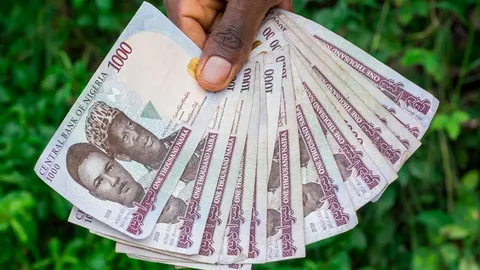The proposed Naira-for-crude oil transaction framework poses significant risks to country’s foreign exchange stability and could discourage Foreign Direct Investment (FDI), the Depot and Petroleum Products Marketers Association of Nigeria (DAPPMAN) has cautioned.
Olufemi Adewole, the association’s Executive Secretary, raised concerns over the volatility of the Naira, emphasizing that crude oil transactions are traditionally conducted in U.S. dollars due to its stability and global acceptance. He warned that deviating from this international standard could isolate Nigeria from global markets, reducing trade opportunities and deterring investors.
“The global oil market operates in U.S. dollars for its predictability. Persisting with the Naira-for-crude policy could alienate trade partners and investors who rely on dollar-based transactions,” Adewole stated.
He stressed that reactionary policies often create economic distortions that benefit select industry players while neglecting the broader economy. He further warned that linking crude oil sales to the Naira could worsen existing economic challenges, fueling capital flight and prompting investors to explore alternative markets.
“The Naira has faced considerable instability due to inflation and fluctuating exchange rates. Tying crude transactions to the Naira will only heighten these issues, potentially straining Nigeria’s economic growth and oil sector efficiency,” he explained.
Adewole also cautioned that the policy could put excessive pressure on Nigeria’s foreign exchange reserves, making it harder for the Central Bank of Nigeria (CBN) to stabilize the currency amid limited dollar inflows.
“Historically, oil transactions have been a key source of foreign exchange for Nigeria. Disrupting this system could further deplete reserves and intensify economic difficulties,” he noted.
While proponents argue that the policy could boost economic sovereignty and strengthen the Naira, Adewole insisted that policy decisions must be based on long-term sustainability. He cited Venezuela’s unsuccessful attempt to replace the dollar with its local currency for oil sales, which led to severe economic turmoil.
“Nigeria must learn from past experiences. Policies that disrupt established trade norms without adequate safeguards can have unintended consequences,” he cautioned.
DAPPMAN reaffirmed its commitment to working with regulators and stakeholders to ensure efficiency in the downstream sector. Adewole concluded by advocating for pragmatic policies that attract investment, maintain competitiveness, and safeguard Nigeria’s foreign exchange reserves for long-term economic stability.


